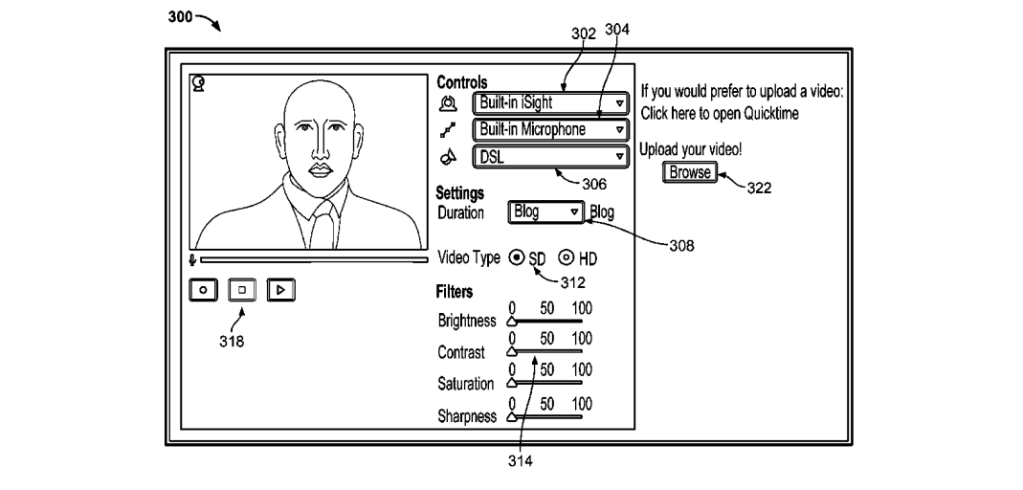by Dennis Crouch
The Supreme Court's landmark decision in eBay v. MercExchange dramatically changed the patent landscape by eliminating the potential of injunctive relief for many patent holders, even in the face of ongoing infringement. The Patent Act indicates that injunctions may be awarded "in accordance with the principles of equity," 35 U.S.C. 283, and in eBay, the Court found this required usage of a "four-factor test historically employed by courts of equity." The central factor in the test for permanent relief is whether the infringement constitutes irreparable harm against the patent holder. Prior to eBay, courts had seen infringement as indicative of irreparable harm, but altered their approach after eBay so that today a judgment of infringement comes with no presumption or indication that those tortious acts constitute irreparable harm.
A recently filed appeal before the Federal Circuit seeks to alter this new status quo -- particularly by providing an extensive historical analysis of how traditional courts of equity analyzed irreparable harm in the context of injunctive relief. The new case is at the preliminary injunction stage, but the preliminary injunction test includes the same irreparable harm clause.
To continue reading, become a Patently-O member. Already a member? Simply log in to access the full post.
